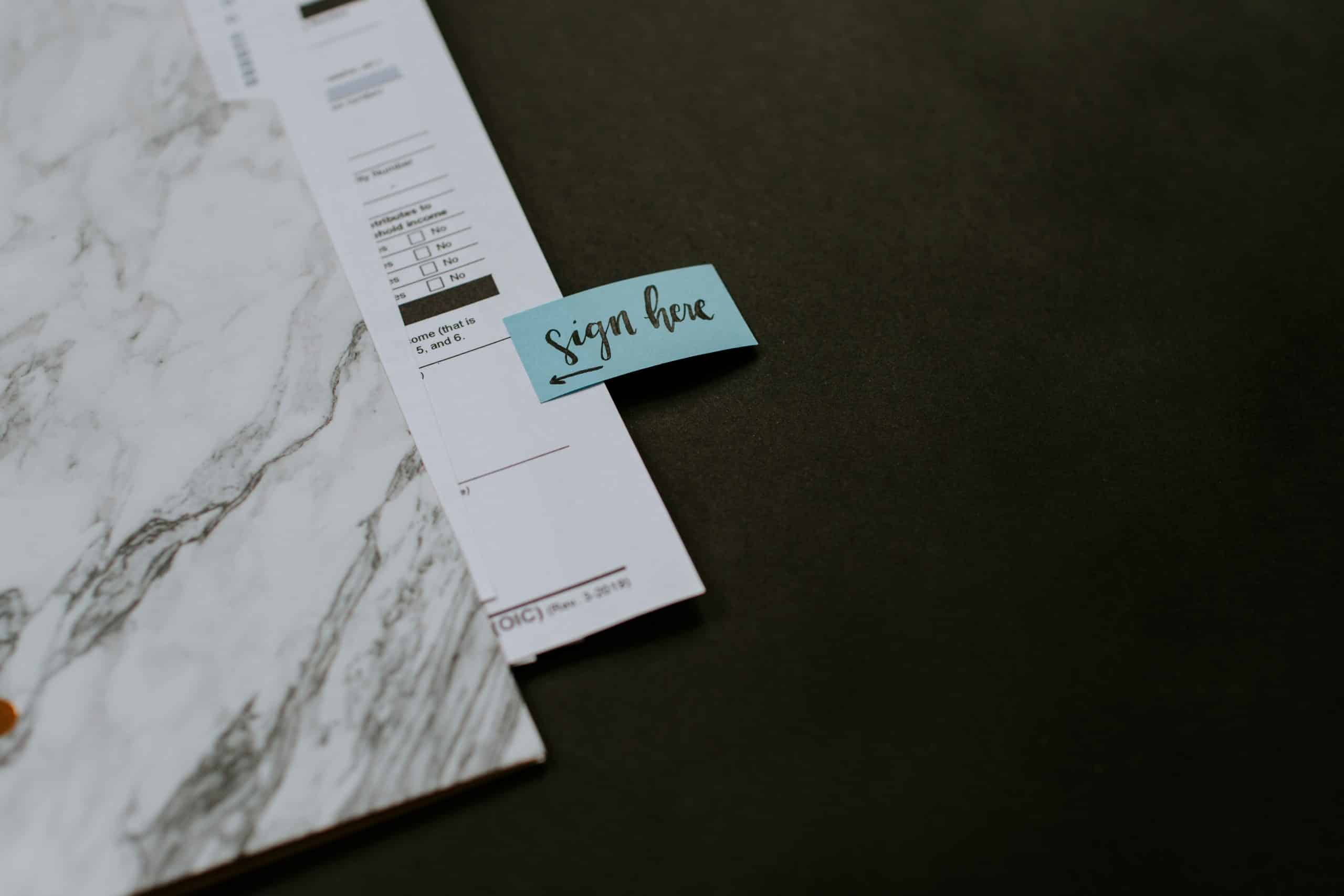Dyjecinska v Step-Up Renovations (NSW) Pty Ltd [2024] NSWSC 159 (Dyjecinska case)
The Home Building Act 1989 (NSW) (HBA) provides that a residential building contract (contract) must meet certain requirements, such as the contract must be signed, made in writing and contain sufficient description of the works. If the contract does not meet these requirements, the HBA expressly states that the builder cannot enforce the contract to obtain payment from the owner. However, the court in the Dyjecinska case held that just because a contract failed to meet each of the requirements does not mean a builder is necessarily prevented from enforcing the contract.
In any event, the court held that the builder can always make a quantum meruit claim against the owner outside of the contract.
The relevant provisions of HBA
The relevant provisions of the HBA are:
- section 7 of HBA, which requires a contract to be in writing, dated and signed by both contracting parties. The contract must also contain the particulars required under section 7(2) (section 7 requirements); and
- section 10(1)(b) of HBA, which expressly disentitles a builder from enforcing any contractual remedy or claiming damages if the contract made under section 7 of HBA is not in writing or does not have sufficient description of works (section 10).
Brief background
Dyjecinska (the Owner) retained Step-Up Renovations (NSW) Pty Ltd (the Builder) to carry out renovation works (the Works) on the Owner’s terrace house (the Property). The Owner and the Builder negotiated a written residential building contract for the Works for $145,120 plus GST (the Contract). The Builder provided the Owner with a final form of the negotiated Contract, but the parties did not sign or date the Contract.
The Builder completed some of the Works. However, the Owner suspended the Works and disallowed the Builder from returning to the Property to complete the Works. The Owner also refused to pay the Builder’s invoices ($107,662.50). The Owner then purportedly terminated the Contract, alleging that the Builder had failed to rectify the defects. The Builder accepted the Owner’s repudiation (wrongful termination) and in turn, terminated the Contract.
Issues
The issues in the case concerned the Owner’s argument that the Contract was not ‘in writing’ as there were no signatures. Accordingly, the Owner argued that the Contract failed to comply with section 7 requirements. In turn, the Builder was not entitled to claim any damages (payment for the Works) under the Contract pursuant to section 10. However, the Owner did not dispute that the Contract contained sufficient description of the Works and that the Builder carried out the Works. Importantly, the Owner also did not dispute that the Builder was entitled to a quantum meruit claim.
Decision
The court decided that the absence of signatures in the Contract was a minor breach of section 7 requirements. After considering the intention of the HBA, the court held that section 10 did not require strict compliance with every single section 7 requirement. Therefore, the Builder was not prevented from enforcing the Contract, especially when the Contract was in writing and contained a sufficient description of the Works. The court also held that even if it was wrong on the interpretation of the HBA, the Builder had a right to payment of its invoices ($107,662.50) on a quantum meruit basis in any event.
Key takeaway
Based on the decision of Dyjecinska case, section 10 requires strict compliance with the section 7 requirements for a contract to be made in writing and contain a sufficient description of the works but does not require strict compliance with other section 7 requirements, such as signatures. Regardless of any non-compliance of a contract with the section 7 requirements, section 10 will not prevent a builder from making a claim on a quantum meruit basis.
If you would like to discuss this article with us further, please contact Brett Vincent, Partner, or Vince Yap, Associate on (02) 9261 5900.

